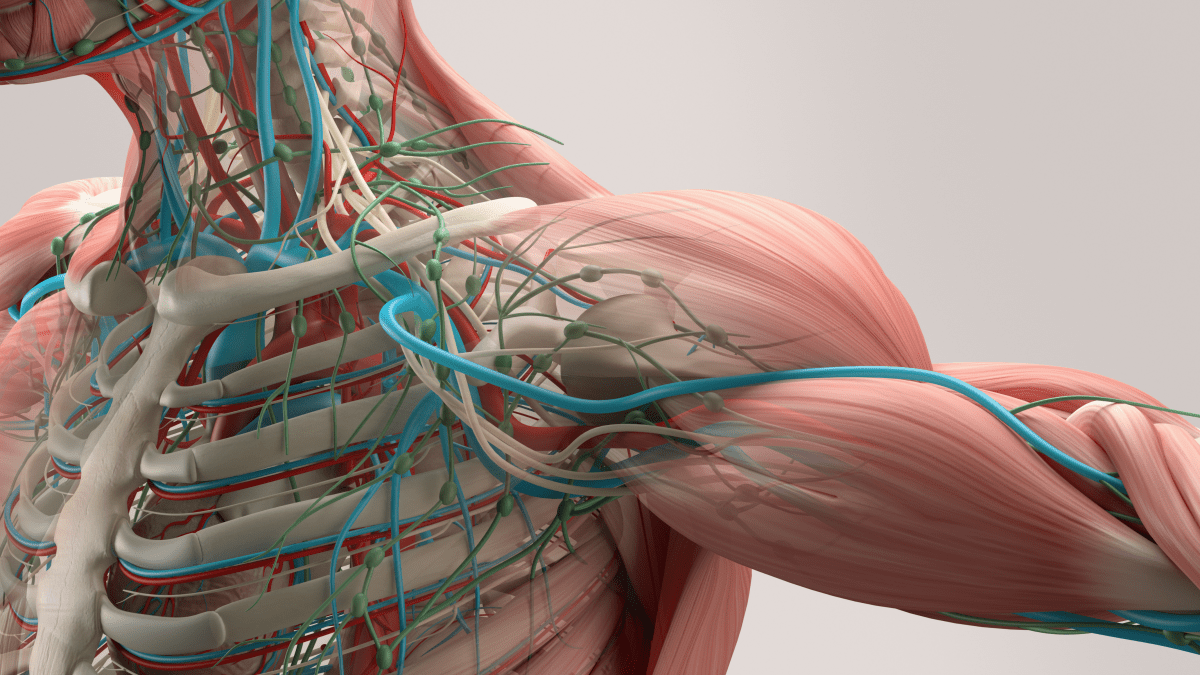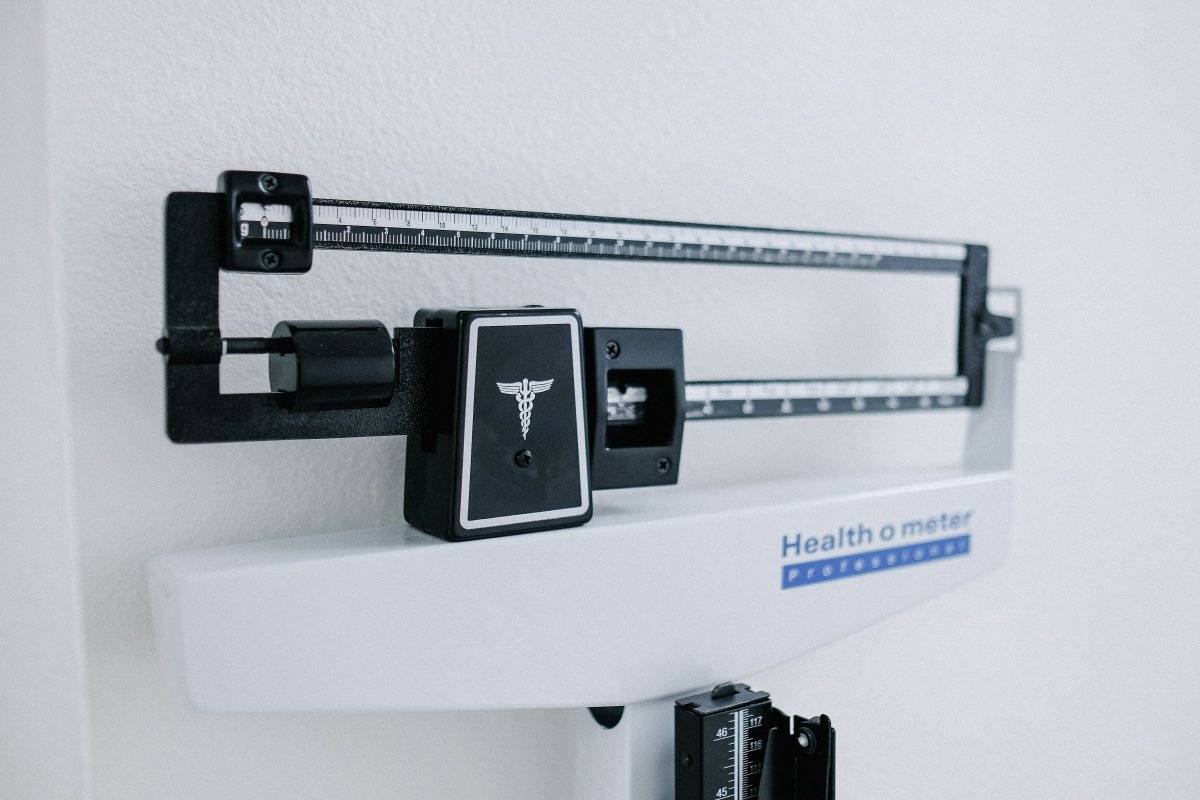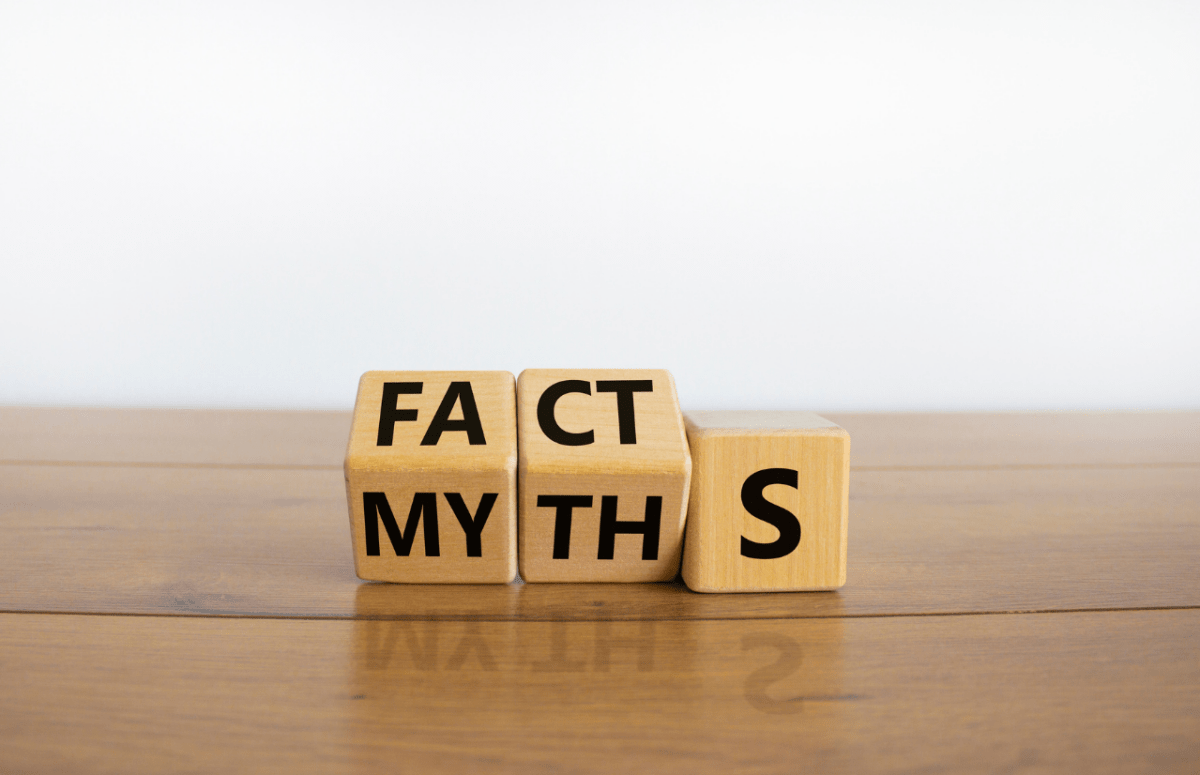Bien que divers médicaments soient connus pour provoquer des douleurs musculaires, les agonistes du peptide de type glucagon 1 (GLP-1) n’ont pas été couramment associés à cet effet secondaire dans la littérature médicale.
Les agonistes du GLP-1, comme le tirzépatide et le sémaglutide, sont très efficaces pour favoriser la perte de poids. Ces deux médicaments sont approuvés pour le traitement des personnes obèses ou en surpoids présentant au moins une comorbidité liée au poids. Malgré la survenue de certains effets indésirables, ces médicaments sont généralement bien tolérés, les effets secondaires gastro-intestinaux étant les plus courants. Il est intéressant de noter que le sémaglutide a tendance à provoquer moins d'effets secondaires gastro-intestinaux que les autres agonistes du GLP-1.
Enquête sur l’inconnu : les agonistes du GLP-1 peuvent-ils provoquer des douleurs musculaires ?
Une cause potentielle de douleurs musculaires est une maladie appelée rhabdomyolyse.
La rhabdomyolyse implique la dégradation du tissu musculaire et se manifeste par des symptômes tels que des douleurs musculaires, une faiblesse et une urine couleur thé. Cependant, jusqu'à 50 % des patients peuvent rester asymptomatiques. Cette maladie entraîne un taux de mortalité global d'environ 8 % et se caractérise par des taux de créatine kinase (CK) considérablement élevés, atteignant souvent cinq fois la limite supérieure normale ou plus. Cependant, il est peu probable qu'elle soit associée aux agonistes du GLP-1.





Partager:
Au-delà de l’IMC : la nouvelle ère du pourcentage de graisse corporelle dans la définition de l’obésité
Étude en situation réelle : Mounjaro surpasse Ozempic en matière de perte de poids